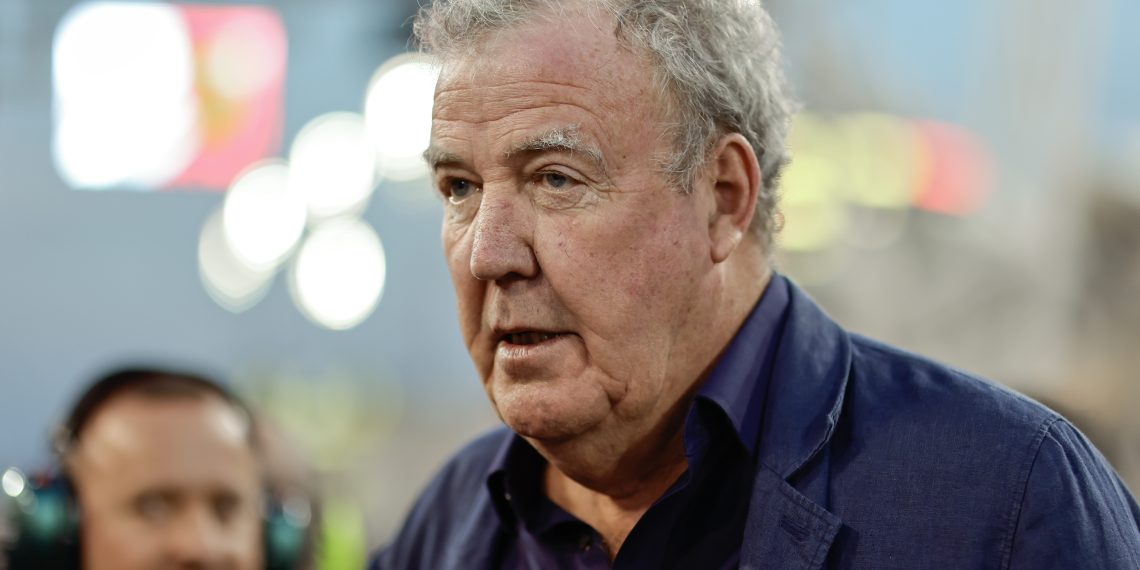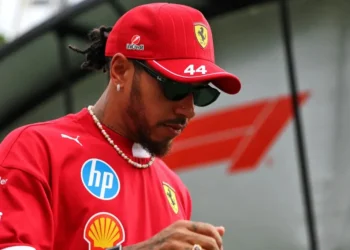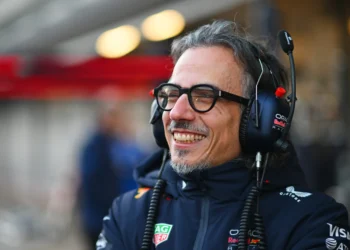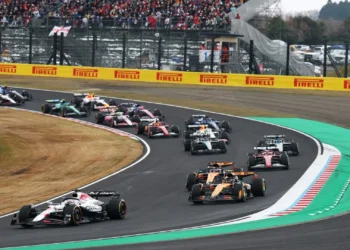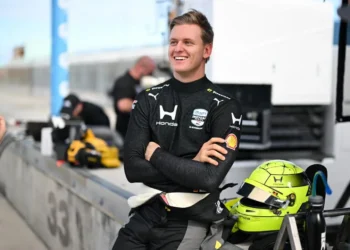In a fiery critique that has left the motorsport world buzzing, famed TV personality and avid Formula 1 enthusiast Jeremy Clarkson has lambasted the current state of F1 drivers, citing an overwhelming lack of “mystique” due to incessant media obligations. Clarkson’s comments come on the heels of the Australian Grand Prix, the inaugural race of the 2025 F1 season, where the likes of Fernando Alonso and Max Verstappen made waves with their refreshing approach to media interactions.
The surge in Formula 1’s popularity, driven in part by Netflix’s hit series “Drive to Survive,” has propelled the sport into the limelight, introducing it to a legion of new fans. The series, now in its seventh season since its debut in 2019, continues to captivate audiences. This summer, the excitement is set to escalate with the release of a Formula 1-themed movie starring Hollywood icon Brad Pitt.
However, the increased attention has not come without its challenges. Today’s F1 drivers face an avalanche of media demands, often appearing on off-weekend podcasts and being subjected to a relentless barrage of interviews. Clarkson, writing in a popular national column, expressed his dismay over the excessive media commitments, contrasting F1 drivers with athletes from other sports who enjoy a more private existence.
“When you’re a Formula 1 driver, you’re not just racing; you’re a perpetual interviewee,” Clarkson quipped. “Unlike footballers who slip into stadiums and remain largely undisturbed, F1 drivers are constantly in the spotlight. The endless interviews are stifling,” he added, painting a picture of a sport where privacy is a luxury.
Clarkson’s comments were underscored by recent events in Melbourne, where Alonso and Verstappen’s interactions signaled frustration with the media circus. After a practice session, Alonso candidly stated, “I will not answer detailed questions about my practice runs. We’re here because it’s mandatory, but there’s nothing significant to discuss.” His candid approach was mirrored by Verstappen, who humorously remarked about expected rain making the track “more slippery.”
Reflecting on these incidents, Clarkson observed that this “new thinking” was evident in the latest “Drive to Survive” episodes. “In the beginning, we witnessed raw exchanges, unaware of the cameras. Now, everyone is on guard, slipping into PR mode at the sight of a microphone,” he noted.
Concluding his scathing review, Clarkson lamented the loss of enigma that once shrouded F1 drivers. “A driver should maintain some mystique,” he argued. “I don’t need to know their vacation spots or snack preferences. In my mind, they should all embody the charisma of a James Hunt, not a toothpaste model.”
This blistering critique by Clarkson is a clear call to preserve the allure and mystique of F1 drivers, urging a return to an era where the sport’s heroes were enigmatic figures, shrouded in mystery and intrigue.

